Physical Address
304 North Cardinal St.
Dorchester Center, MA 02124
Physical Address
304 North Cardinal St.
Dorchester Center, MA 02124
Dashuhua (Chinese: 打树花; Pin Yin: dǎ shù huā) is a Chinese Festival of Lights tradition in Nuanquan Town, Zhangjiakou, with a history of more than 500 years, and it has been listed as a provincial intangible cultural heritage of Hebei Province.
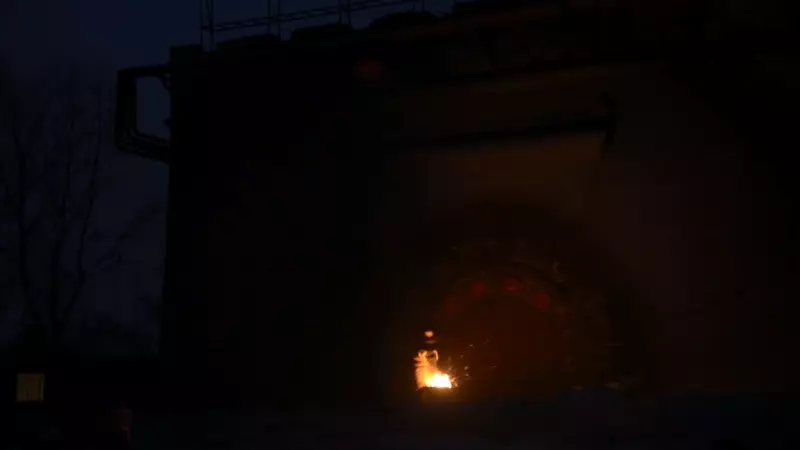
Dashuhua (Chinese: 打树花; Pin Yin: dǎ shù huā) is a Chinese Festival of Lights tradition in Nuanquan Town, Zhangjiakou, with a history of more than 500 years, and it has been listed as a provincial intangible cultural heritage of Hebei Province.
Hot molten metal is splashed onto the city wall by folk artisans, sparkling and glistening which have a similar shape of leafy tree canopy.
It is called “the game of the brave”. It is the crystallization of the wisdom of the workers who once could not afford to set off fireworks.
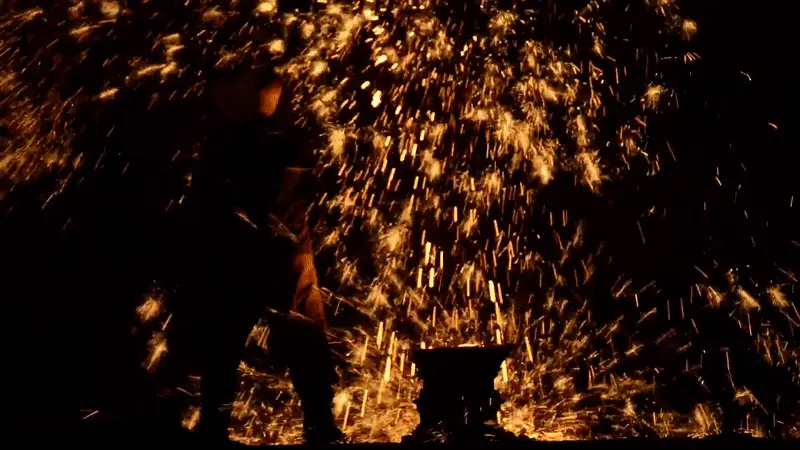
Many blacksmiths couldn’t afford fireworks in ancient Nuanquan, while the rich around them could easily celebrate the Chinese Spring Festival or Lantern Festival via setting off fireworks.
However, those blacksmiths were inspired by the sparks of the iron, they poured molten iron on the brick walls above the castle gates, and when it bounced back, it looked like splendid fireworks.
With the super exciting atmosphere, the arresting “fireworks” created by blacksmith attracted many local folks who couldn’t afford real fireworks, to watch it, developing the tradition that during the Spring Festival or Lantern Festival, the rich celebrate the festivals via fireworks while the regular folks celebrate it by “Dashuhua” until today.
The artists need to collect more than 500 kilograms waste iron and melt them for at least half an hour in a furnace with high heat before the show.
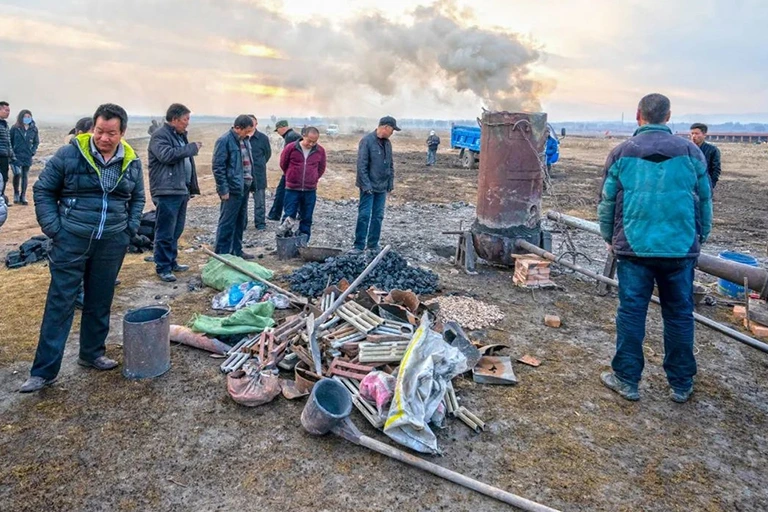
The scrap pig iron is refined into iron in the iron-smelting furnace, and the melted iron is poured into special buckets, which are carried from outside the field to inside the field and poured into special basins.
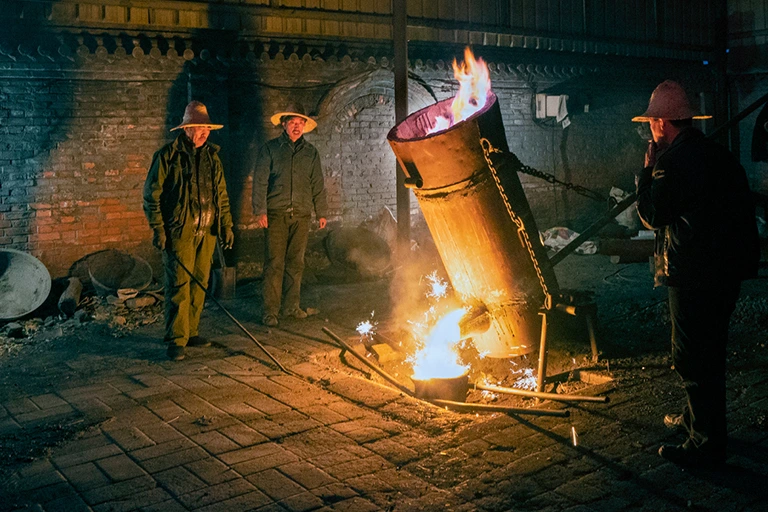
The blacksmiths have to wear straw hats and thick sheepskin coats to protect themselves from the splashing molten iron during the performance.
The wooden spoon is the primary tool for dashuhua, and the production process of it is cumbersome. The raw material of the spoon is willow root. The root needs to be soaked in water for a few days at first, and then blacksmiths will use small fire to dry it to make it anti-burning.
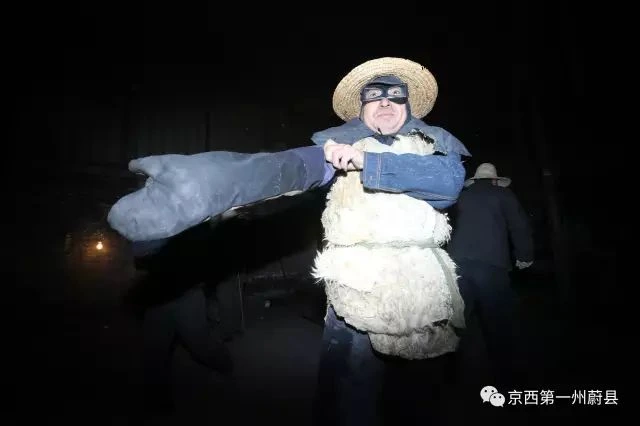
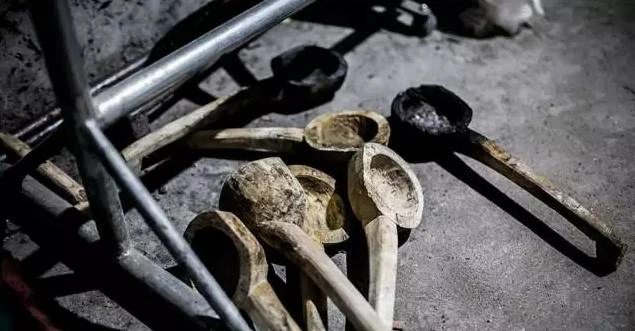
The Spoon used once was scalded and scrapped, but there is a certain collection value, because they contain “gold, wood, water, fire and earth”, it is said to be placed in the home to ward off evil spirits to ensure peace and good luck.
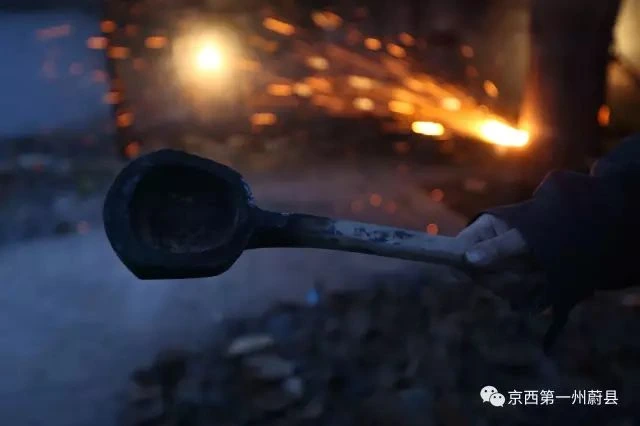
According to the division of labor, there are two parts: “furnace” and “spoon”, the furnace owner is responsible for smelting and carrying iron, while the spoon owner is responsible for the performance of playing tree flowers.
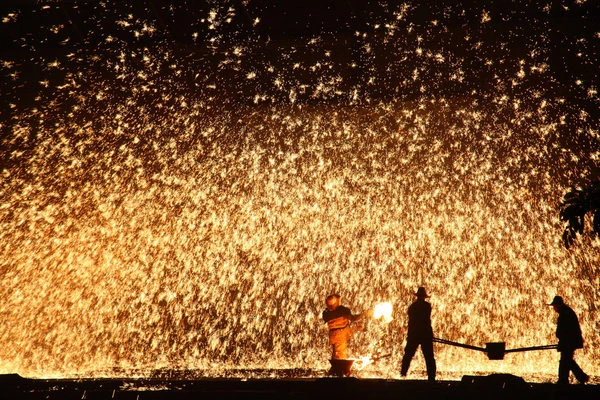
The performer wears a sheepskin jacket and a hat, and uses a special wooden spoon to splash the high-temperature(temperature up to 1600℃/2912℉) molten iron on the hard city walls, and the iron flowers shoot up in the sky, and the layers of flowers are like waterfalls, dazzling and dazzling, forming a brilliant “fire tree and silver flowers”.
The magnificence of the “Da Shu Hua” is definitely as spectacular as any fireworks display. And the people, in this splendid “rain of light”, were able to pray and send their wishes.
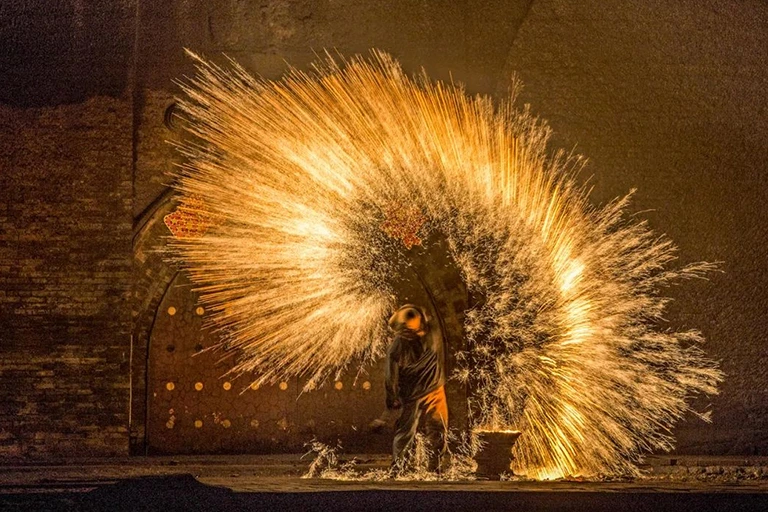
The only four surviving heirs of the 500-year-old “dashuhua” heritage, Wang De (13th generation heir), Wang Chunlin (12th generation heir), Liu Xiang (12th generation heir) and Zong Jiwu (13th generation heir), have made the iron flower bloom with their exquisite skills and the courage given by their ancestors.
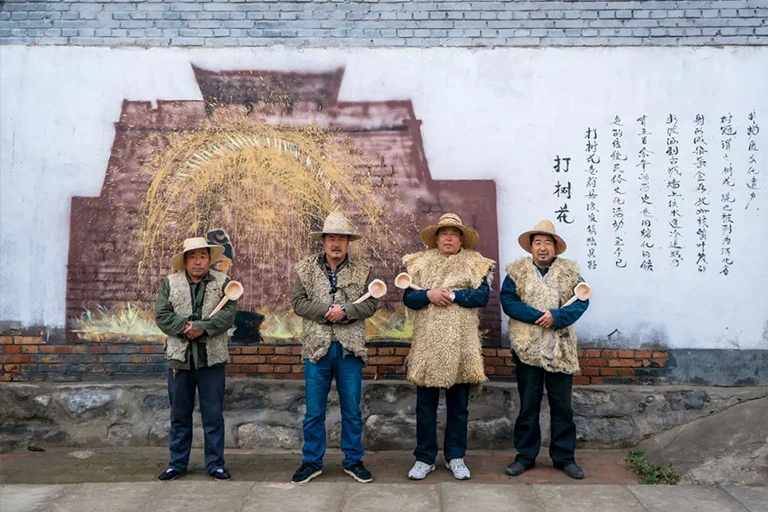
Wang De is the youngest of the “tree flower” inheritors, and has been learning “tree flower” from his father since he was 15 years old. His body is covered with scars, even his throat has been injured several times, and he has worn out more than a dozen sheepskin jackets, but his craftsman spirit has never disappeared.
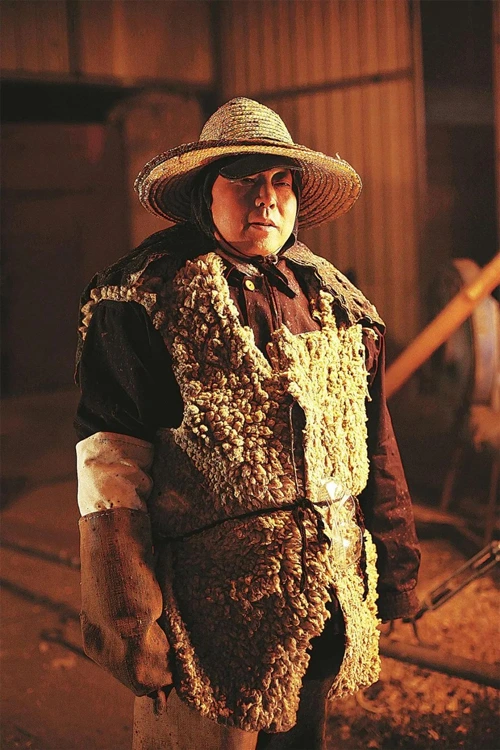
In fact, Wang De learned to perform dashuhua under the compulsion of his father, and because of his young age, he found it thrilling and exciting, which greatly inspired his inner desire and started his long journey of learning.
He thought that this activity could not be stopped, so he took over the willow spoon and performed dashuhua by himself every year. He said that it is difficult to perform dashuhua and even more difficult to perform beautifully. The high-temperature iron water hitting the wall must create a sense of layering and connection, so that the staggering is dazzling.
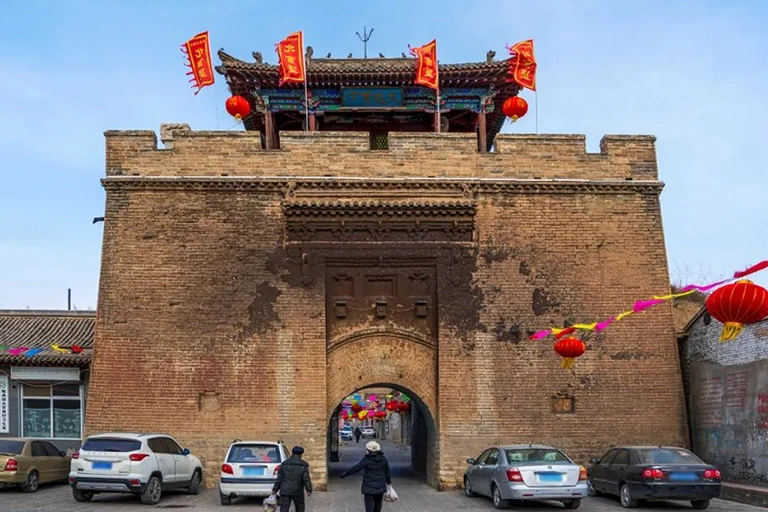
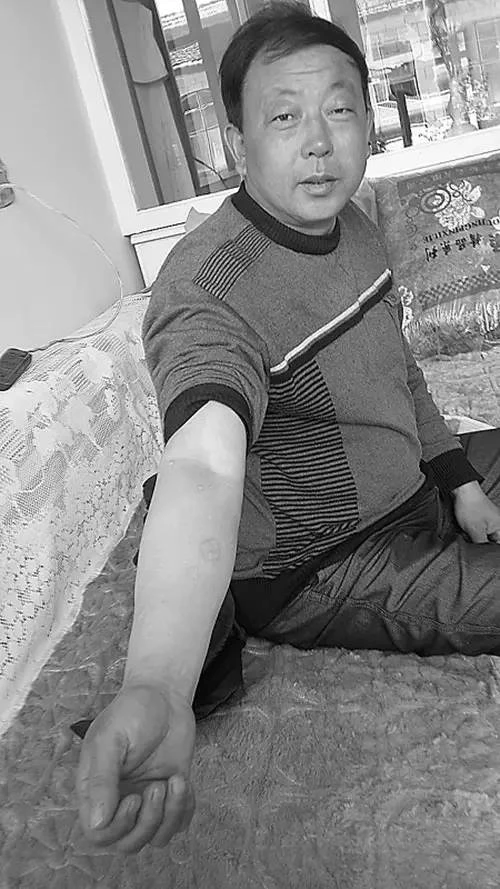
Wang De also said that because dashuhua is very demanding, full of danger and challenges, few people are willing to learn and pass on, and his own disciples are still practicing. In order to pass on the craft of dashuhua, he hopes that experts can develop anti-scald clothing to reduce the degree of burns, and he says he can perform for another 20 years, hoping to live a life under the splendor of dashuhua.
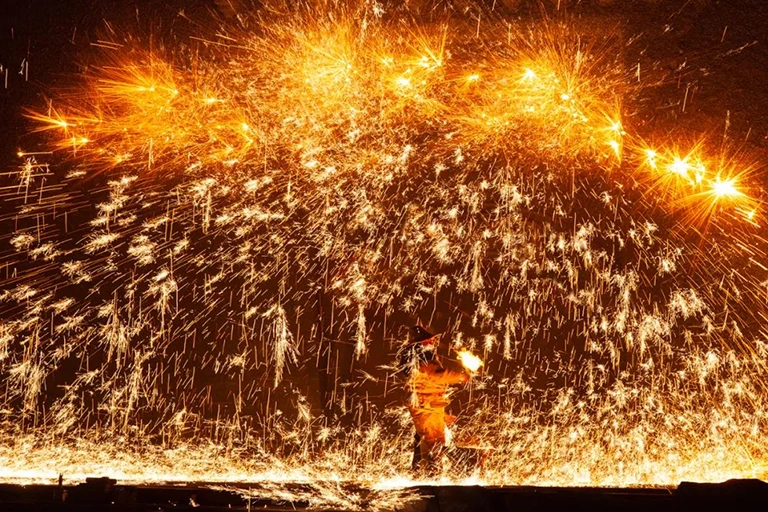
When it comes to the future expectations of dashuhua, Wang De hopes that the art of dashuhua will continue to be passed down and become known to more people, not only in China but also around the world! I think this is not only the expectation of Wang De, but also the responsibility of the dashuhua artisans and the belief they have to uphold.
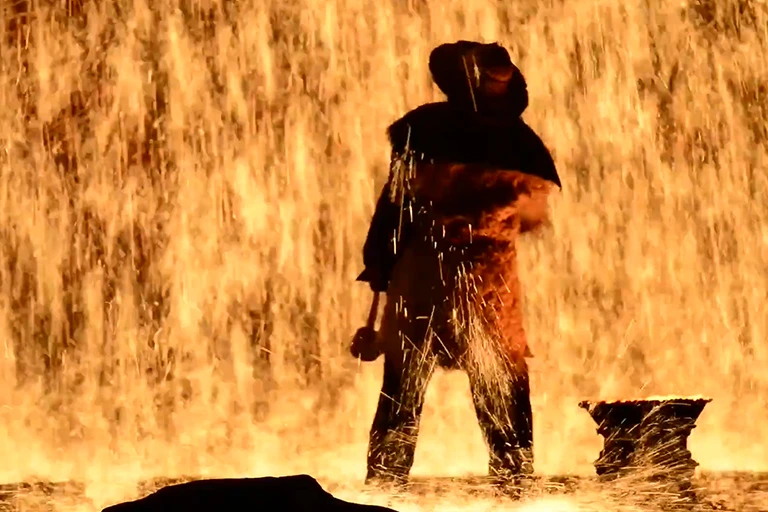
In the old days, it was a substitute for fireworks for the poor, and today, it is an essential part of people’s Spring Festival viewing.
What remains unchanged is the desire for a better life that people have when they watch the dashuhua.